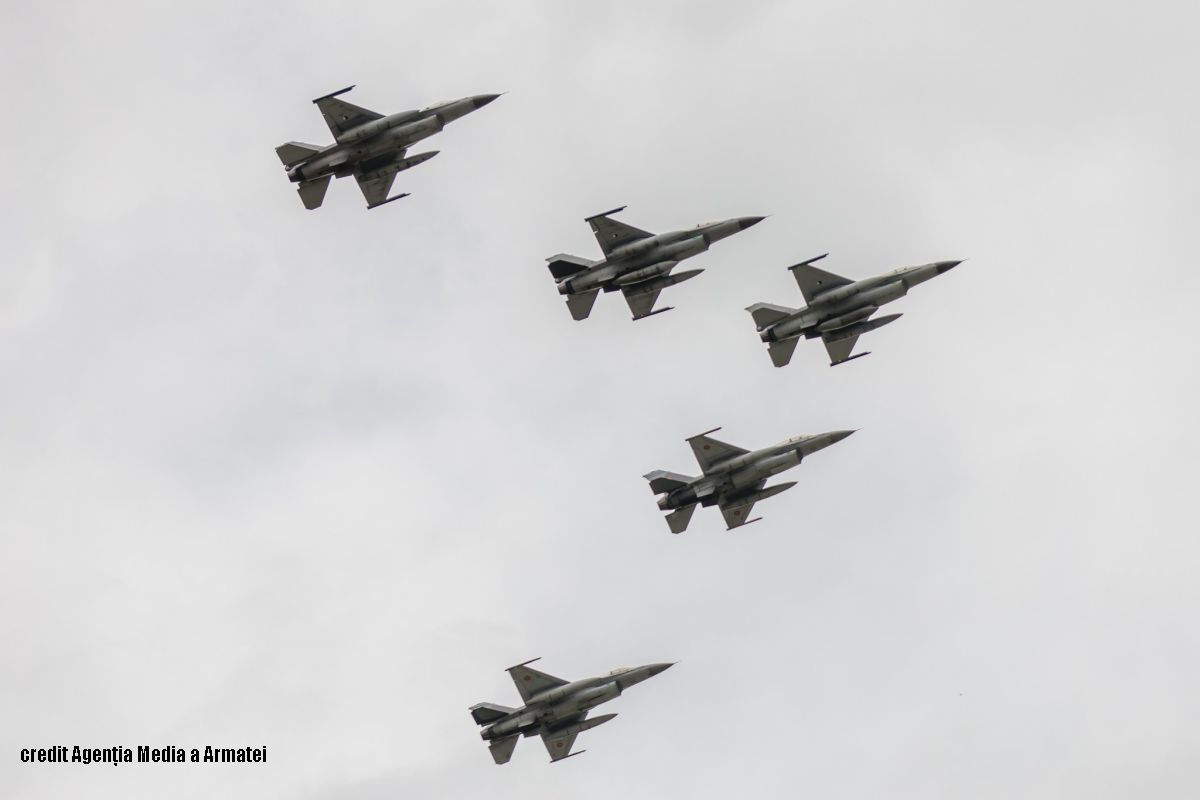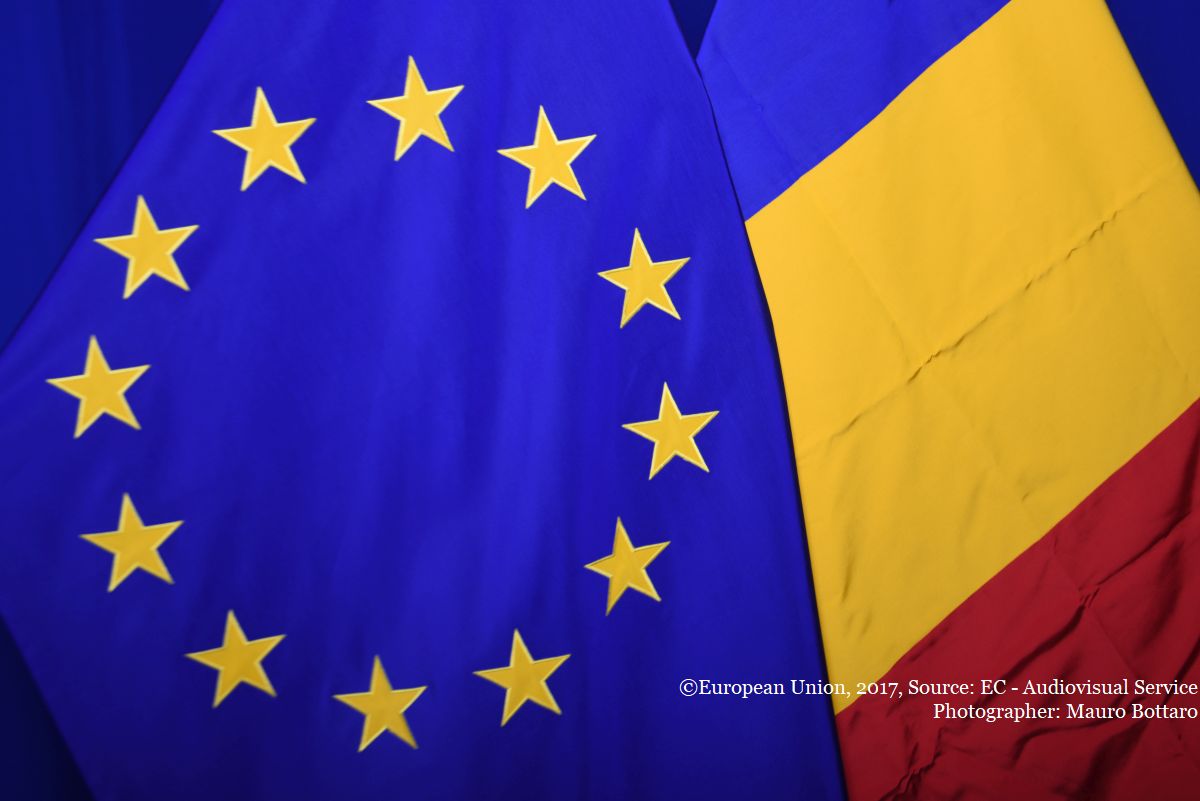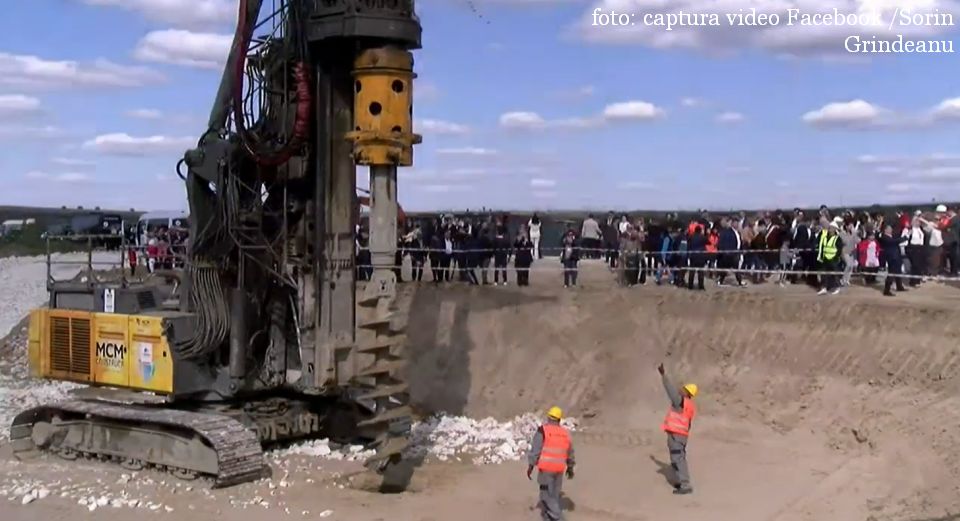Security and Counter-Terrorism
Twenty-five years since its establishment, the Romanian Intelligence Service presented a report focusing on the latest developments in Romanias geopolitical region and on the fight against terrorism and corruption.

Valentin Țigău, 25.03.2015, 13:49
The Romanian Intelligence Service (SRI), an institution set up after the anti-communist revolution, on March 26, 1990 and in charge with collecting and using intelligence on Romanian territory alone, presented its annual report for 2014 in Bucharest. The new intelligence director, Eduard Helvig, outlined a map of threats for Romania, primarily the situation in Ukraine. He said the Romanian Intelligence Service accurately foresaw and informed decision-makers on these regional risks, which allowed for important strategic decisions to be made in the national security field.
Special attention has also been paid to counter-espionage activities, which have increased, whereas with respect to terrorist threats the goal has been to support a set of prevention and countering measures that would keep threats at their current level, namely “cautious.” As Eduard Helvig pointed out, Romania remains one of the few countries that have not been directly affected by this phenomenon:
“Important resources have been channeled, just like in previous years, into those areas that might have led to a structural impact on the state and its response capacity, particularly into countering high-level corruption tax evasion, and weaknesses in the management of European funds, as well as into the judiciary.”
In the report presented 25 years since the establishment of the institution, Eduard Helvig also said that, for the Romanian Intelligence Service, one of the priorities of the year 2015 is to improve its performance. The President of Romania Klaus Iohannis, who nominated Eduard Helvig for this post in February, argued that in 2014 Romania had no unpleasant surprises, in strategic terms, and was a model of stability in the region, thanks to the work of the Romanian Intelligence Service. Klaus Iohannis:
“In my view, the principle that must guide our approach to security is cooperation. This requires good communication and good relations between the Service and its beneficiaries, the institutions overseeing its activity and society on the whole. I will closely monitor the conduct of the Service, and I expect it to be balanced, independent from political interests and neutral in its relations with society.”
The head of state also mentioned that the intelligence service contributed substantially to the fight against corruption and to strengthening national security, which are in fact the defining lines of the institution’s activity this year as well.






























